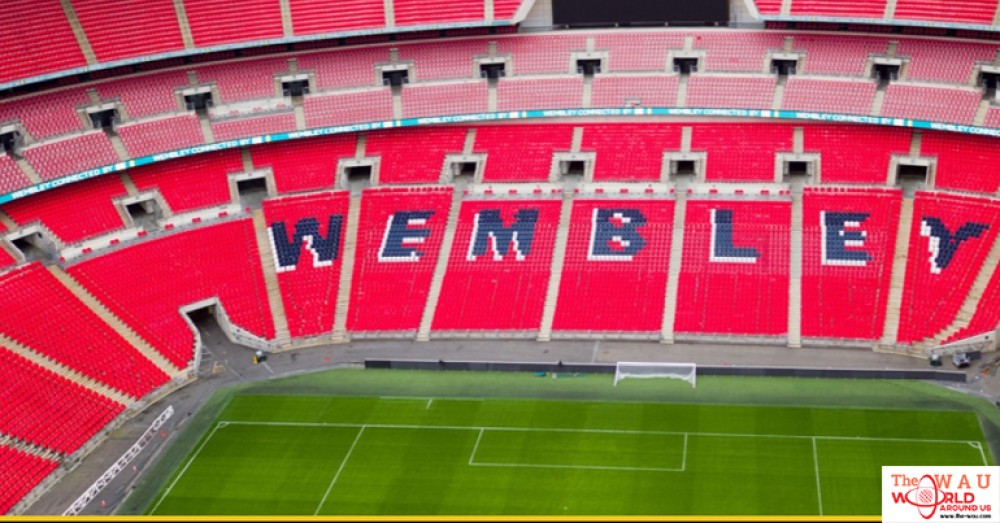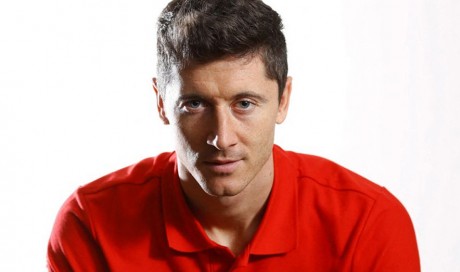SATURDAY October 7 2000, we were all set for a big celebration in the Wembley stands to bid a fond farewell to those Twin Towers.
Then, in the 14th minute Germany’s, and Liverpool’s, Dietmar Hamann puts a soft free-kick past Seaman, England fail to respond and at the final whistle most of the crowd couldn’t get out of the place fast enough. Oh, and it rained.
What followed was one of the greatest ventures in English devolution, bar none. “England on the road,” as England internationals became a local fixture in Ipswich, Southampton, Leeds, Derby, Leicester and Middlesbrough.
The more obvious locations, Birmingham, Liverpool, Manchester and Newcastle, too, but what made this road trip so special was those games in surroundings perhaps never expected to host an England international.
Of course, the jibe that England games at Wembley were for “cockneys and nazis” was always a tad unfair, but around the country the atmosphere most certainly improved, the passion in the stands heartfelt, this was special and the attendance figures proved it. Helped by Sven managing the team to three consecutive tournament quarter-finals, which, as subsequent campaigns have shown — bar ’66 under those Twin Towers — is just about as good as it gets. Plus of course Becks on the pitch.
But while team and fans were taking England up and down the country, Wembley was being rebuilt for their eventual return. There had been arguments to relocate to Birmingham, somewhere or other off a motorway at any rate. But the Midlands, despite the name, is no more accessible to large parts of the county than London.
A new Olympic stadium that afterwards would become the new Wembley was mooted too, only to be mired in the petty rivalries between governing bodies, and government that bedevil the management of sport, for all.
So we end up with the worst possible outcome. A London stadium, in a city that also boasts Twickenham, a brand-spanking-new Olympic stadium given away virtually for free to mega-rich West Ham and a 60,000 capacity new Arsenal stadium. England games, with virtually no exceptions, placed exclusively in London, and bugger the rest of the country. Devolution over before it had really begun.
Don’t get me wrong, Wembley is a great stadium, and a vast improvement on what was there before. And across sports and music it’s well used too. But with news breaking his week that there’s a multimillion-pound bid take it off the FA’s hands, personally I wouldn’t be all that sad to see it go.
The Football Association’s role is as a governing body, yet with the selling-off of the Premier League it has little or no control over the game’s elite level.
This is unique in sport, though rugby union is fast heading down that disastrous track in the FA’s wake. Some people clearly will never learn.
The FA does a huge amount of good work under the proverbial radar but, denied very much influence at all over the top division’s clubs and players, it cannot truly develop the sport to compete on the world stage.
And then the England team then inevitably exits this summer’s World Cup at an earlier stage than most of us had hoped for; winning it has by now been consigned to the history books by even the most diehard supporters. The result being that the FA inevitably becomes the target of thoughtless knocking copy.
It isn’t the FA that’s been selling off the nation’s school playing fields, letting public sports facilities rot while privatising those that remain. In contrast, the football writer Barney Ronay describes the FA’s role: “It isn’t the nation’s PE teacher. It is instead something of a patsy. One of the FA’s significant functions is to act as a kind of political merkin for the wider problem. Which is, simply, access for all: for the right to play, a form of shared national wealth that has been downgraded by those in power for decades.”
So if — and it is a huge if — the one-off windfall of the FA flogging off Wembley and in turn abandoning their role as landlord of the nation’s stadium could act as a spur (sic) towards reversing this, then this would be very, very welcome.
And here’s how. At Euro 2016, England were knocked out by Iceland (no laughing at the back, please, Welsh and Scottish readers). Iceland can count on 260 Uefa-qualified A coaches, England an apparently impressive 1,395.
But to match Iceland’s ratio for their tiny island population, England would need an equivalent 42,000! This would revolutionise children’s, school, park, Sunday league football upwards. Match that with all-weather pitches, including heated indoor ones. Both processes have begun but the roll-out is too slow to make very much difference.
And if the effect doesn’t end up with a trophy being won, so what? The health and leisure of the nation are immeasurably more important. But to ensure the money is spent in this way means political pressure to that end. If he can tear himself away from cheering on Arsenal, Jeremy would you mind having a word?
Share This Post














